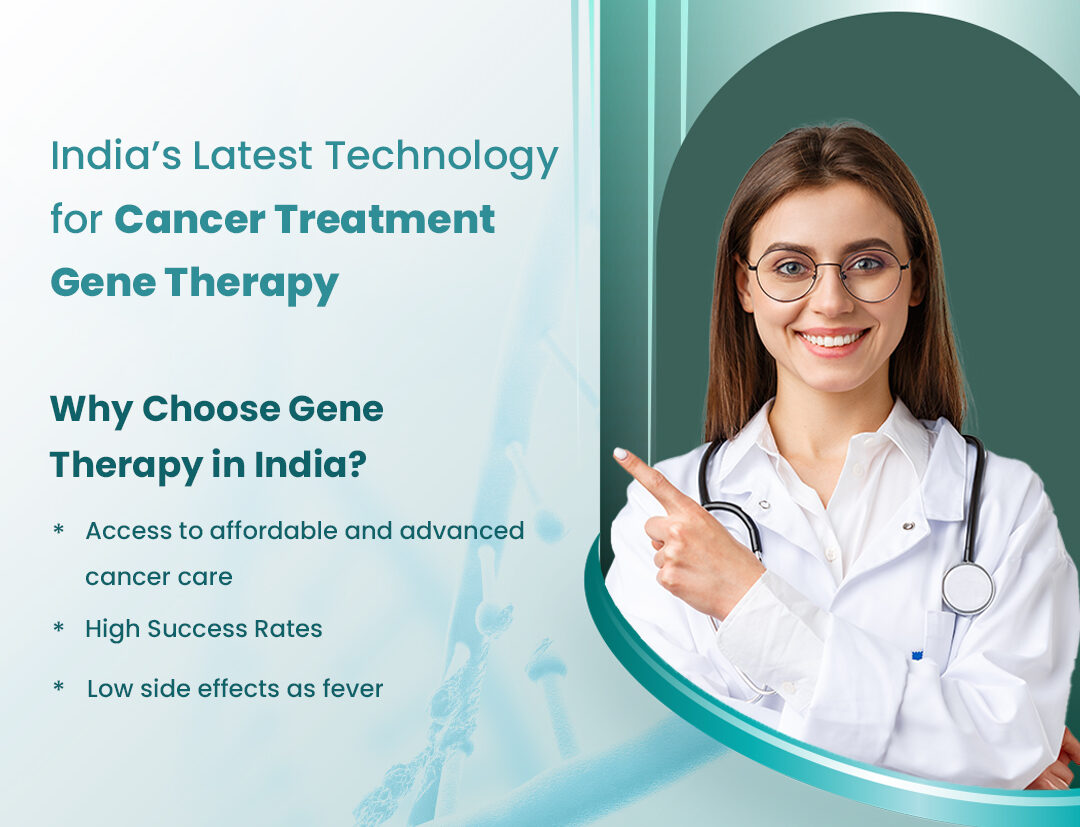Empower yourself with knowledge on cancer types, symptoms, risk factors, and treatments tailored to the Indian context. From breast and lung cancer to leukemia and melanoma, gain insights into each type’s nuances and complexities. Discover the array of treatment options available in India, including surgery, chemotherapy, radiation therapy, immunotherapy, and targeted therapy. Navigate your cancer journey with confidence and resilience, armed with the information needed to make informed decisions about your care and well-being.”
Cancer is a complex and multifaceted disease that affects millions of lives worldwide. In India, the burden of cancer is significant, with the incidence of certain types on the rise. Understanding the various types of cancer, their symptoms, risk factors, and available treatments is crucial for individuals and their families facing a cancer diagnosis. Moreover, navigating the cancer care landscape in India presents its own set of challenges and opportunities, with advancements in treatment modalities and healthcare infrastructure continually evolving.
Breast cancer is one of the most prevalent cancers among Indian women, comprising a significant proportion of cancer cases diagnosed each year. Early detection through regular screening mammograms and clinical breast examinations is essential for improving survival rates. Common symptoms of breast cancer include a lump in the breast or armpit, changes in breast size or shape, nipple discharge, or skin changes on the breast. Risk factors for breast cancer include age, family history, genetic mutations (such as BRCA1 and BRCA2), hormone replacement therapy, and lifestyle factors such as alcohol consumption and obesity.
Lung cancer is another leading cause of cancer-related deaths in India, with tobacco smoking and exposure to environmental pollutants being primary risk factors. Symptoms of lung cancer may include persistent cough, chest pain, shortness of breath, coughing up blood, fatigue, and unexplained weight loss. Diagnosis typically involves imaging tests such as chest X-rays and CT scans, as well as biopsy procedures to confirm cancerous cells. Treatment options for lung cancer vary depending on the stage and extent of the disease and may include surgery, chemotherapy, radiation therapy, targeted therapy, and immunotherapy.
Leukemia, a cancer of the blood and bone marrow, encompasses a group of diseases characterized by the abnormal proliferation of white blood cells. Symptoms of leukemia may include fatigue, weakness, frequent infections, fever, easy bruising or bleeding, swollen lymph nodes, and unintentional weight loss. Treatment for leukemia often involves chemotherapy, targeted therapy, radiation therapy, and stem cell transplantation. The choice of treatment depends on factors such as the subtype of leukemia, the patient’s age and overall health, and the presence of specific genetic mutations.
Melanoma, a type of skin cancer, is less common but can be aggressive if not detected and treated early. Risk factors for melanoma include fair skin, a history of sunburns, excessive UV exposure, a family history of melanoma, and a weakened immune system. Symptoms of melanoma may include changes in the size, shape, color, or texture of existing moles or the development of new moles. Early detection and prompt treatment are critical for improving outcomes in melanoma patients. Treatment options may include surgical excision, chemotherapy, radiation therapy, targeted therapy, immunotherapy, and participation in clinical trials evaluating novel therapies.
In India, the landscape of cancer care is rapidly evolving, with advancements in medical technology, treatment modalities, and supportive care services. Leading cancer hospitals and treatment centers across the country offer comprehensive care to patients, combining expertise with compassion. Multidisciplinary teams of oncologists, surgeons, radiologists, pathologists, nurses, and support staff collaborate to provide personalized treatment plans tailored to each patient’s unique needs and circumstances.
Moreover, initiatives such as the National Cancer Control Program (NCCP) and Ayushman Bharat aim to improve cancer awareness, early detection, and access to quality care for patients across India. Through public health campaigns, screening programs, and treatment subsidies, these initiatives seek to reduce the burden of cancer and improve outcomes for patients nationwide.
In conclusion, navigating the complexities of cancer diagnosis and treatment in India requires a holistic approach, encompassing awareness, prevention, early detection, and comprehensive care. By understanding the various types of cancer, their symptoms, risk factors, and available treatments, individuals can make informed decisions about their health and well-being. Empowered with knowledge and supported by a network of healthcare professionals and caregivers, cancer patients in India can embark on their journey with confidence and resilience, striving for better outcomes and a higher quality of life.







